It’s crazy to realise that Shifting Sands has now been out for a month. The first wave is already a third of the way through, with the character shuffle feeling closer than ever. Do you feel ready? Better get some reading in if you don’t! From my perspective, I’m excited to keep unveiling new aspects of the story, but I’ll admit I struggle occasionally with the whole author brand thing. Yup, it’s time for the final part of the author branding trilogy! In the first part, we talked about what an author brand is; in part two, it was all about how you go about creating an author brand; and now, in this final entry, I’m going to go a bit introspective here and talk about some of the pros and cons of author branding.
Pros of building an author brand
A formula to follow
If you’ve ever spoken to me in my peer writing job, you’ve probably learned that I love a good formula for writing effectively. In an essay, you have an intro to tell your reader what your going to do, the body to tell them, and the conclusion to tell them what you did. A short film has the three-act structure (hence my obsession with Pixar shorts). And, in trying to sell yourself as an author online, there’s author branding. There are countless articles online that tell you how to establish your author brand (and at some point I plan to add to them), meaning that there are clear steps to follow. And once you’ve set everything up? Well, then you just have to maintain it!
Familiarity
I don’t know about you, but I can tell when a book is a Lucy Daniels book just by reading a single page. The same can be said about Julia Donaldson, or any number of other authors. There’s something in the writing – a hidden signature – that tells readers their name and builds the necessary familiarity and trust. A good author brand should do the same.
I have some authors that I can read a tweet without looking at who is speaking, but I will know it’s them. And, as a reader, that’s lovely. It’s like being in a crowd, looking around for something familiar, and then spotting your friend because you know the way they walk. There’s something comforting about being able to recognise someone so distinctly, and this strengthens the author/reader relationship.
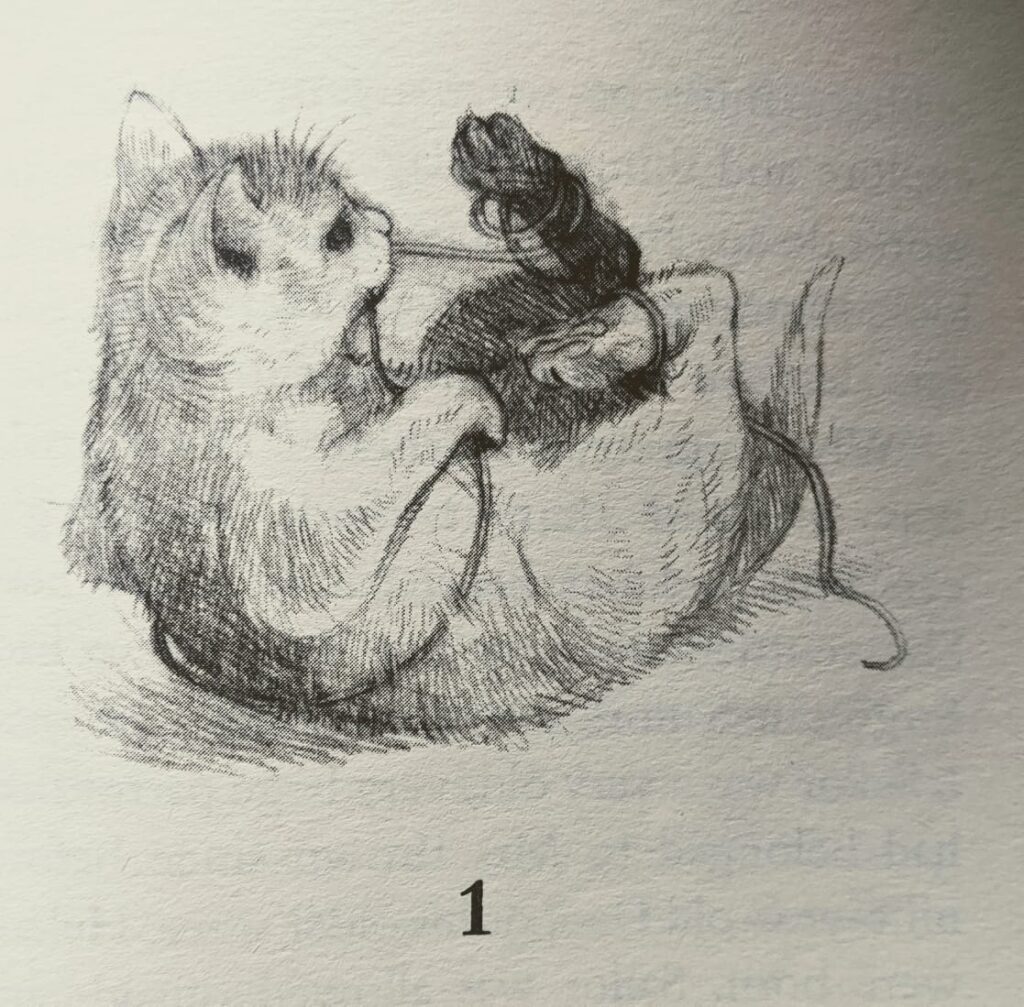
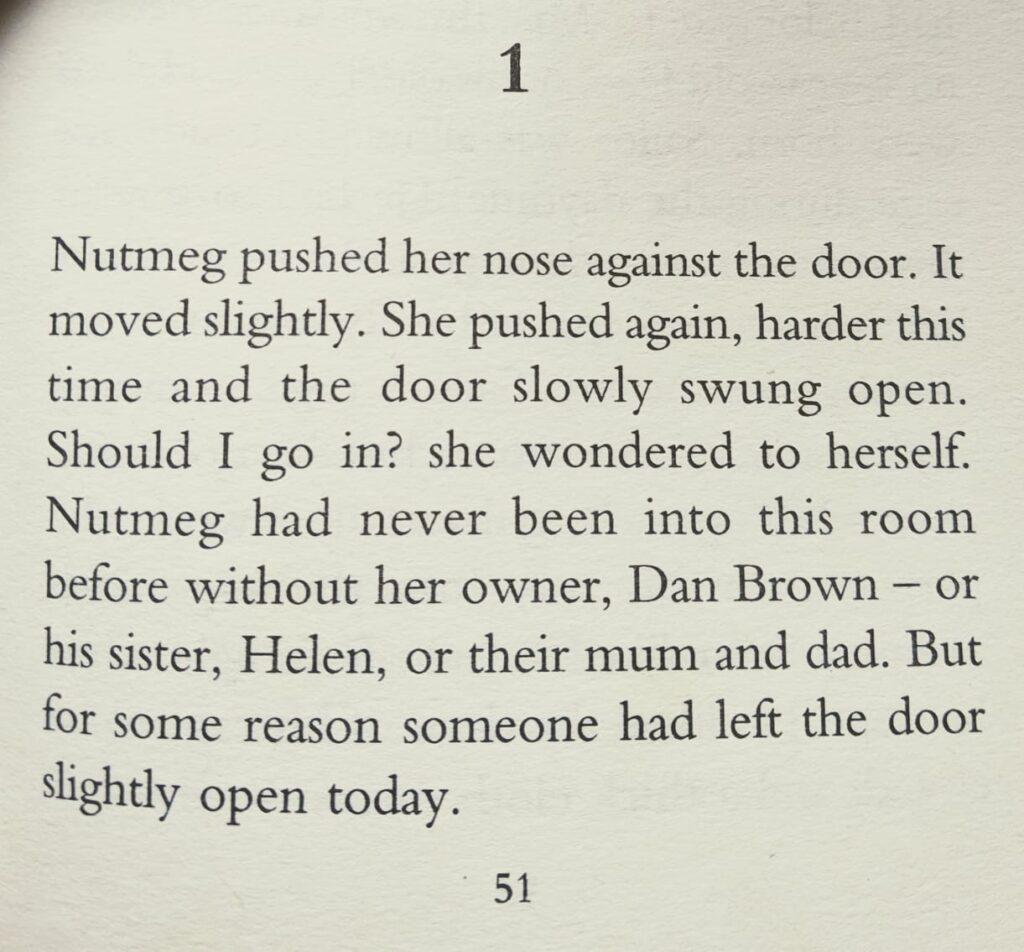
Cons of building an author brand
Don’t get me wrong, I think the positives within making yourself an author brand are good, but unfortunately, when comparing my experience with the research I’m doing, I see a lot of disconnects. Whether these disconnects are down to me doing this as a research project, I don’t know – I’d love to hear from other authors! – but at least it gives me something to think about as my project moves forward, right?
A constructed self
I don’t know about anyone else, but I’m always very conscious of how I appear online. This applies to all of my social media output – related to this project or not – and, in all honesty, everyday life too. This is probably down to a combination of ambition (employers may look me up online), avoiding conflict (I have Facebook friends with very different views from me), and general social anxiety (yay?), but the overall effect is that I don’t naturally post a lot. Before I post anything, it has to go through all the mental checks I do to make sure it comes off right, and that’s generally quite exhausting. All so that I can present the right self online. A me, mediated by the expected audience.
In author branding, this process is still in place for me, along with a few extra checks. This generally means that the person who tweets or posts on Facebook as author Kate is a carefully constructed one. I’m aware of too many factors and far to conscious of what I’m doing, meaning that – despite it being an expectation in author branding – I often feel inauthentic or fake. I try to represent myself as honestly as possible, but the several mental steps that take place before I post probably strip some of that away.
Consistency
Damn my formula-loving self who determined that I would post a weekly blog while also wanting this blog to be well-researched and honest!
Me, 2021
Don’t worry, I’m mostly kidding with that. Mostly. Writing this blog is probably one of my favourite parts of this process. It’s essentially my research logging turned it into something that works with my author performance, forcing me to think beyond the pure spilling of thoughts. But I can’t lie, there times that I’m not mentally here for the whole author branding thing.
As mentioned above, engaging on social media requires several mental steps to ensure I present myself the way I want to and, generally, that’s a little exhausting. Blogging is easier – it feels like my space that other people are coming into – but even then, there is construction. I write posts that I feel best fit the brand I’ve created on here, discarding ideas that seem unsuitable, and getting frustrated when a post seems wrong somehow. But, add in the hell-year we’ve had, life events, and a good dash of depression, performing as this author brand becomes so much more taxing. I don’t like being fake but, to remain consistent in my posts, sometimes I have to be. My online self is perky, but my physical self doesn’t always feel that way. I have to keep tweeting though, keep posting, keep engaging. The pressure is always there. Have to keep being author me.
Authenticity
I guess this is the big thing, overall. An author brand needs authenticity. Authenticity needs consistency and stability. I feel like none of those things 90% of the time and, honestly, they feel somewhat contradictory to me. A brand, whether we want to admit it or not, requires building. I could write several blogs on this, tbh.
From the colour palettes we use, to the subjects deemed acceptable for blog posts, there is a definite choice on how we present ourselves online which implies a level of construction. But how can a construction be authentic? Then there’s consistency issue: do you post whatever you feel like, whenever you feel like, and damn the algorithms that say otherwise? If you don’t, posting regularly “on brand” even when you don’t feel like it, are you being inauthentic? And how can you present yourself as a stable author brand when, as humans, we are constantly changing?
Are we human? Or are we author brand?
I love this project, but these many conflicting needs sometimes feel overwhelming. I don’t always want to be author me, especially when the world is being its 2020-esque self. And yet, I must. From a research perspective, this is all good stuff so I guess I can’t complain. It does make me wonder if other people struggle like this though? I’d love to hear about your personal branding in the comments!
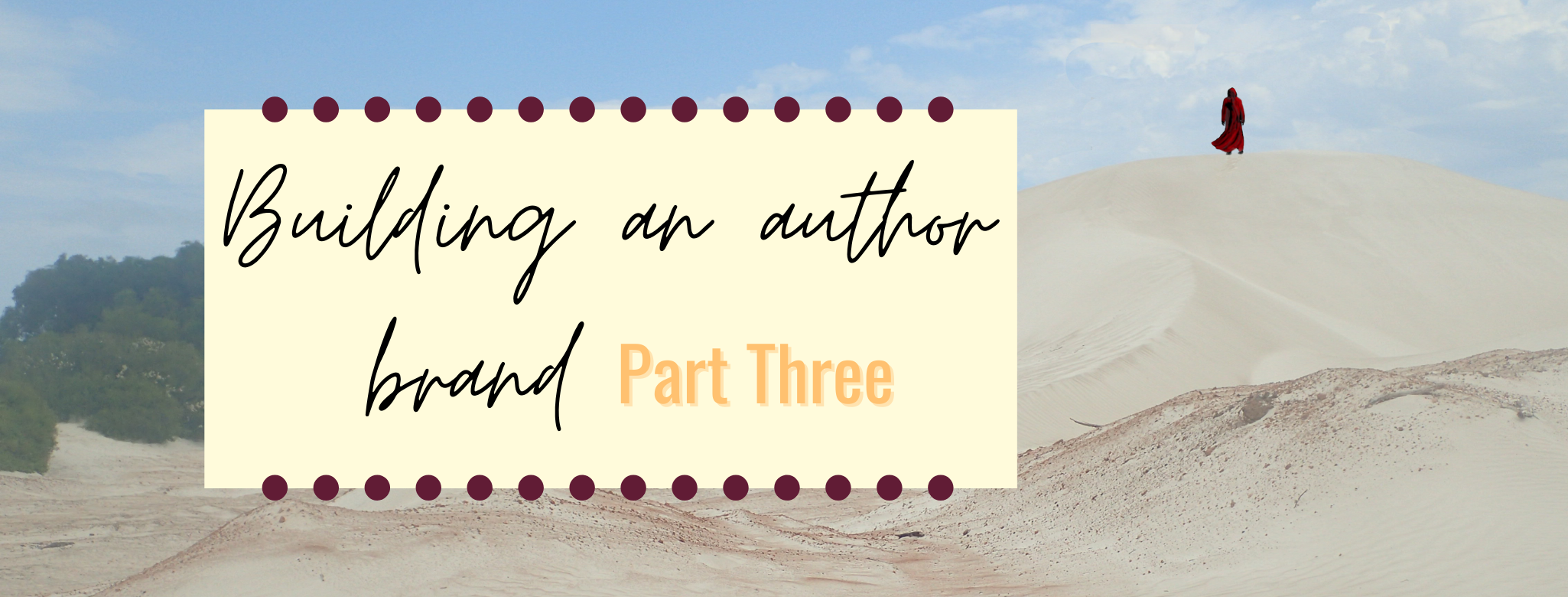
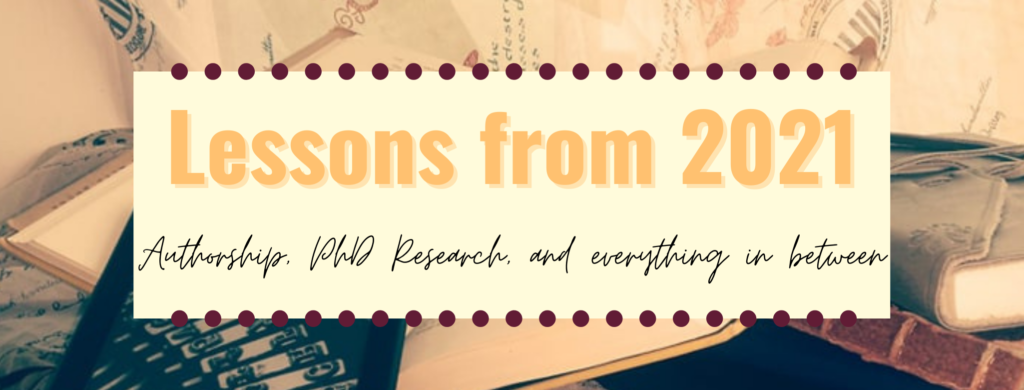
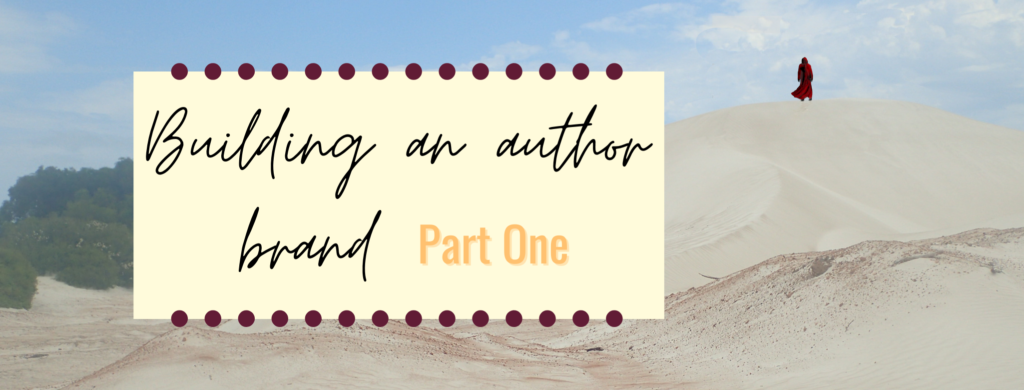
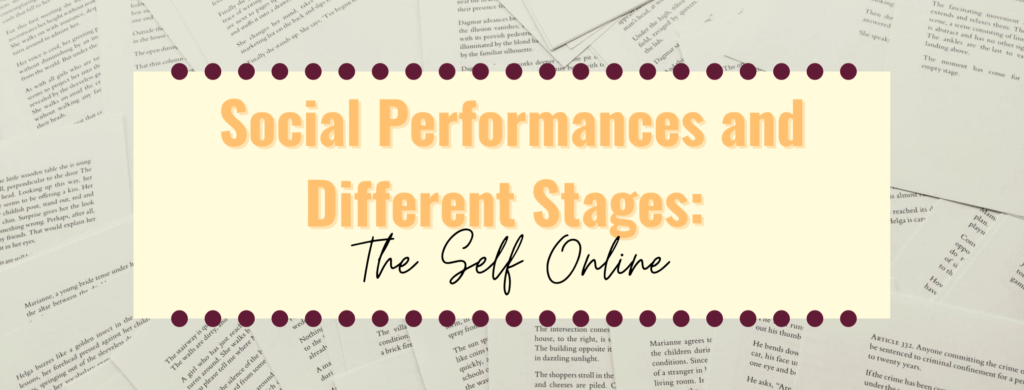
Comments
Comments are closed.